Blog Archives
“So many? Really?” Germans do not know how many Russians were killed by their ancestors
#May9 #VictoryDay #Russia #Germany
Re-posting this article from Stanislav as a whole!
Stanislav Sokolov, May, 2019:
__________
In 2015 I translated Georgij Zotov’s article Repentance of Berlin. After 70 years, the Germans have an unambiguous attitude towards the Soviet victory.
This year it elicited the following comment:
LaRock on March 6, 2019 at 19:50 said:
The war is over stop punishing Germany
To which I replied:
Stanislav on March 12, 2019 at 20:02 said:
This comment should be addressed to the USA, who are still occupying and punishing Germany. If you read the article, you’d see that it’s about remembrance and reconciliation.
However, a better reply would have been a translation of an even earlier article by Zotov, one from 2013. I am translating it below, followed by a translation of two reader comments from AiF and my thoughts on them and what Zotov wrote in one particular paragraph.
Today, with racism and calls to war and genocide being the norm on the pages of the Western MSM (“racism” is a common-root synonym of “russophobia”) and the number of the Western troops and war hardware right on the Russian border being the highest since the June of 1941, it is time to remember. For while the West is collectively shrugging off 1941-1945 as “just another invasion of Russia” and preparing for a new one, Russia remembers, watches closely and prepares to defend its land once more.
In this today’s context remembrance is the key to preventing another invasion of Russia by the West, and prevent this time hundreds of millions people being killed – both defenders, attackers and bystanders…
“So many? Really?” Germans do not know how many Russians were killed by their ancestors
Argumenty i Fakty, 05.05.2013
“AiF” correspondent talked in Germany with a lot of people, including the grandson of Rudolf Hess. And found out that the Victory Day is respected, but most residents of Germany do not know how many lives we lost in The War.
The 15-year-old Gunther suddenly had a seizure – an hour after the start of the tour. He fell to his knees beside the barracks and began to sob, smearing tears on his cheeks. A crowd gathered around the boy. Someone from his high school was calling on a cellphone, someone searched the pockets for pills. “Why?!” Gunther shouted. “How could the Germans do THIS to people?! Do we even deserve forgiveness?”

Rally participants of the Youth caravan of peace in the former Nazi concentration camp Dachau. 1986 meeting of participants of the Youth caravan of the world in the former Nazi concentration camp Dachau. 1986 Photo – RIA Novosti
Nervous breakdowns of German teenagers in the ex-concentration camp of the SS Dachau near Munich are quite common. Despite this, a visit to the memorial is included in the compulsory school curriculum for high school. Children are shown the crematorium ovens, where tens of thousands of prisoners burned, gas chambers and photos of savage experiments of SS doctors. “It is necessary in order for this not to happen again,” the Museum employee told me. “After all, the worst of evils is forgotten over time.” That’s, probably, the case. According to polls, 80% of Germans now do not know that their grandfathers killed 27 million people in the USSR…
“Land of ice and snow”
“What do I think about the Victory Day? Oh, the Russians seem like mysterious heroes from science fiction films to me. That’s, probably, how the people, who overturned Hitler should appear. Many Germans still do not understand why Germany decided to fight with you. We have much in common as peoples – take, for example, at least a love for sausages and beer!»
73-year-old lawyer Rolf Clement was a child when the war began. His cousin, an officer of the Wehrmacht, froze to death in Stalingrad. He says, there can be no hard feelings: “We attacked, you defended. Fair enough.” But Rolf has a different attitude towards the Americans and the British: “In the Summer of 43, their aircraft completely burned Hamburg, killing 42 thousand people. Is this the right kind of war?” The Germans often emphasized in the interviews: Hitler was a monster, but they also had hard times when he was in power. They remember the death of Paulus’s army, the bombing of the cities, and the fall of Berlin. They are well aware of the Holocaust and the millions of Jews killed in concentration camps. However, the inhabitants of Germany do not know much about the seas of blood, which flooded the Soviet Union.
“For the Germans,” says historian Gerhard Büchlein “Russia is a country of ice and snow, where “General Winter” froze poor boys dressed in a uniform with a swastika. But in Germany they shy to argue on the topic that the Wehrmacht and the SS perpetrated on the occupied territory of the USSR. On TV and in press they do not forget to mention: only 6 thousand soldiers (from 100 thousand taken as POWs in Stalingrad) have returned home. However, few people know that 3 million Soviet prisoners of war were tortured in the SS concentration camps. We are horrified by the allied air raids – 600 thousand Germans buried alive under the rubble of buildings in Berlin, Dresden, Regensburg. And we have no idea that exactly the same number of people died from hunger and shelling because of the siege of Leningrad.”

Hamburg 1943. Photo: globallookpress.com
Munich (like Hamburg) was also bombed, though less so. Some “significant places” of the Third Reich survived, but then they were destroyed by the Germans themselves. For example, a demolished pub “Burgerbraukeller”, where Hitler pushed speeches (for the avoidance of pilgrimage for neo-Nazis). The man I’m interviewing is taking me downtown.
“You know,” I say to my companion. “If my grandfather had seen us, he would not have liked it.”
“Hmm,” he says in reply. “And mine even less so. I’m sitting next to a Russian!”
“Did we kill so many?!»
My grandfather was a Soviet military pilot, was shot down in late 1944 and remained in captivity until the German surrender. The grandfather of my interlocutor, 34-year-old engineer Wolf Hess, was Hitler’s Deputy for the party, obergruppenführer Rudolf Hess. Wolf himself is anti-fascist and sincerely believes that May the 9th is the liberation of his country from dictatorship. “I want to know,” he asks. “If I come to Russia, will I have any difficulties?” “Of course not,” I say. “Even those who fought forgave the Germans.” Wolf nods: “I never felt that the Russians were our enemies. And… how many civilians died in the USSR?” I answer him – about 18 million. Executions of hostages, mass executions in Babi Yar, punitive actions, automated suffocator machines in Krasnodar. Wolf pales. “Really that many?!»

Photo: globallookpress.com
This phrase is one that I often hear in Germany. “Do you want to see photos on the Internet?” I enquire. “There are SS men posing next to the mountains of corpses. There are thousands of pictures in the archives.” My companion is lost in thought. “We rarely talk about it,” he sighs. “The main theme of the atrocities of the Nazis is Holocaust.”
In my opinion, we should not forget the Holocaust. It’s the insane destruction of an entire nation, from babies to old people. Another thing – it turns out that repentance for the atrocities of the German army is very selective. Films, talk shows and TV shows are devoted to one fact, while the others are kept under wraps. Even in Austria, in a town near the former SS Mauthausen concentration camp, when I asked passers-bys about who had been killed in the barracks, the opinions are divided. “Jews, I think,” said one man. “Communists,” remembered the second. No one named the Russians, but 39% of the prisoners of Mauthausen were Soviet prisoners of war. The image of the Eastern front in the thinking of modern Germans is the snow, the horrors of storming of the burning Berlin and the the soldiers in Stalingrad, devoid of human appearance. Marking May the 9th as the day of the defeat of the Third Reich, Germany still did not realize the scale of the victims among the population of the USSR. No, we don’t need to be apologized to endlessly. It would be nice to just remember…

Prisoners of the German concentration camp Mauthausen, Austria. May 5, 1945. Photo source – RIA Novosti
One of the students, who arrived in Dachau in a group with Gunther, talked to me while his classmate was given a sedative. “You are from Moscow? Must be a big city. But I don’t even know – were the Germans in Moscow during the war?” “A lot of them,” I said to the boy. “They built a bunch of houses around the “Forum” cinema, helped to build Moscow State University, restored the factories”. “So they were prisoners?” the boy was embarrassed. “Oh… excuse me for asking.” “No problem,” I smiled. “But now you know the truth.”
The following line in Zotov’s article:
“Even those who fought forgave the Germans.”
sparked righteous anger with two of the AiF readers, resulting in the following comments, which I think are important to translate:
Alksander Stepanko, 08.05.2013:
I didn’t fight [in that war]… born in 1957. Comrade Zotov! Who gave You the right to speak for everyone!? How can we forgive the torturers?! … the killed, buried alive, perished 27 million !!!…. How can this be forgiven?! Did you even understand what you wrote?!
and
Alla Rybkina, 11.02.2015:
I am from 1949 and neither I nor my children will ever forgive the GERMANS, they buried my grandmother and her children alive in a huge pit of, and forced my grandfather to dig them in, he was Polish. My mother miraculously survived. And my mother-in-law lost all her teeth in the Blockade when she was 30, but rescued two daughters. How can this be forgiven??????????????.
These are very powerful testimonials, and one can collect millions of such testimonials throughout the country that once was USSR. I think, however, that neither Zotov nor these commentators are right. Forgiveness cannot be bestowed upon a Nation as a whole – it can be given to the actual German perpetrator of the war crimes. But what they did cannot be forgiven nor forgotten. The contemporary Germans, the young and those who never fought in that war – there is nothing to forgive them for. We can only hope to build common relations, remember and ensure that the atrocities of WWII are never repeated. Together.
But those Germans who in 1941-1945 came to Russia to kill and conquer, those who inspired them, like Hitler, and those who financed them, like Henry Ford and grandfather of two American presidents – Bush, those Western powers (Britain, France among others) who during the Munich Conspiracy of 1938 gave their active blessing to the start of WWII, thinking that it would not touch them, but would only become a battering ram against the USSR (much like the 2014 neo-Nazi coup in Ukraine).
These are the forces deserving the righteous anger of the Russian people, not the Germans as a whole. It should also be remembered that many Germans themselves perished while trying to fight and stall the rise of Nazism.


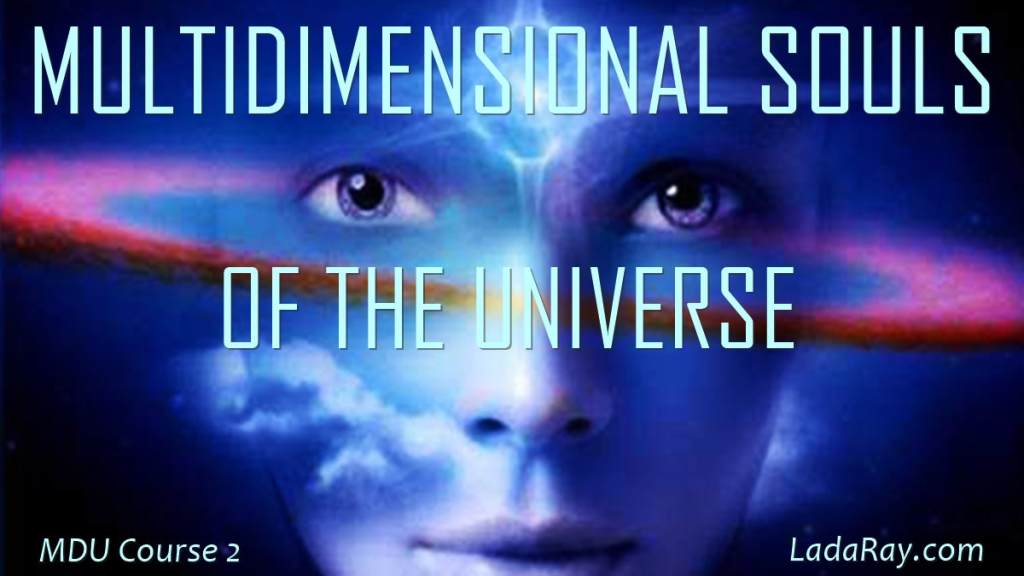


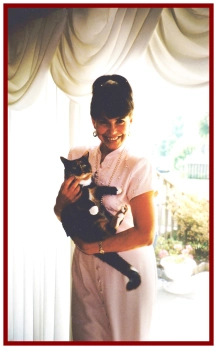
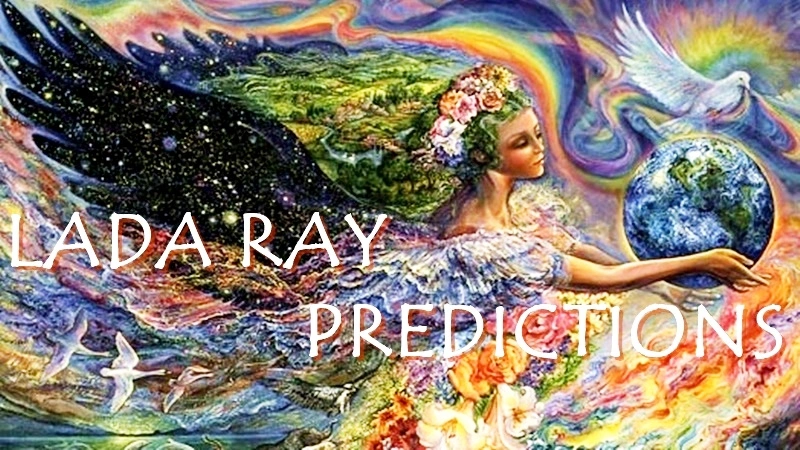
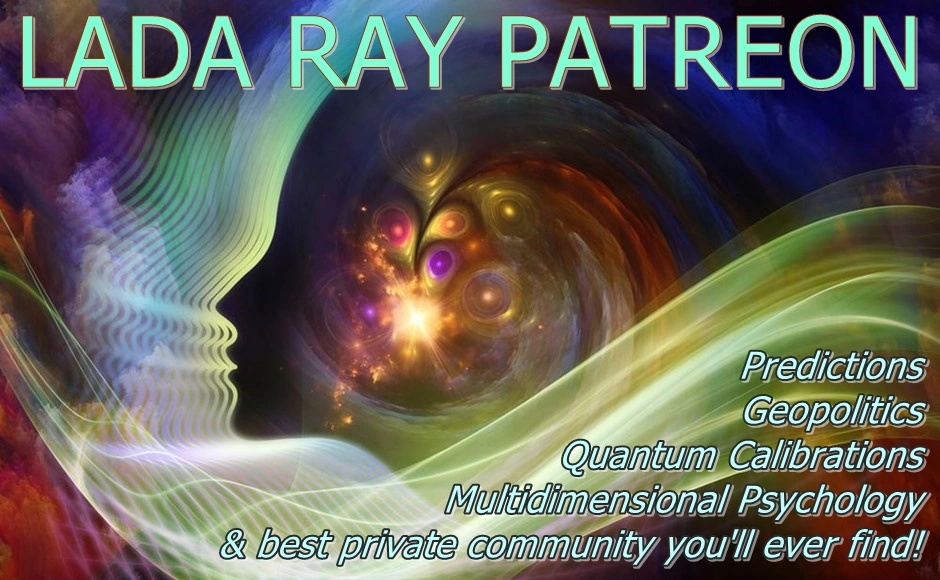
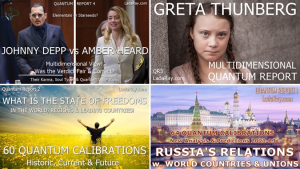

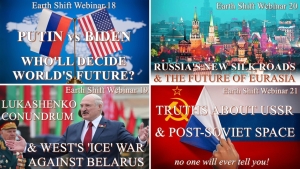


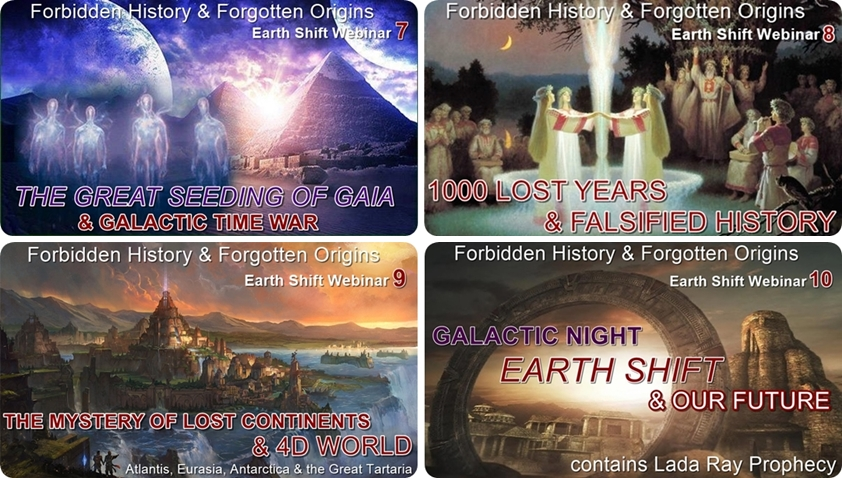



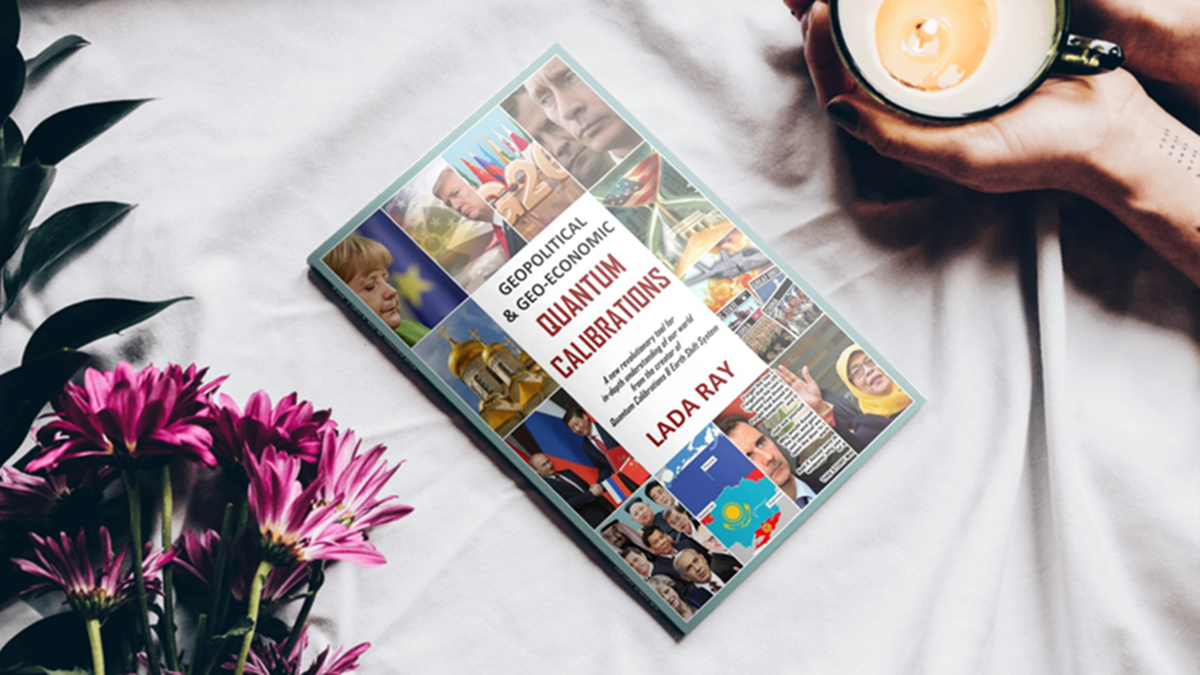

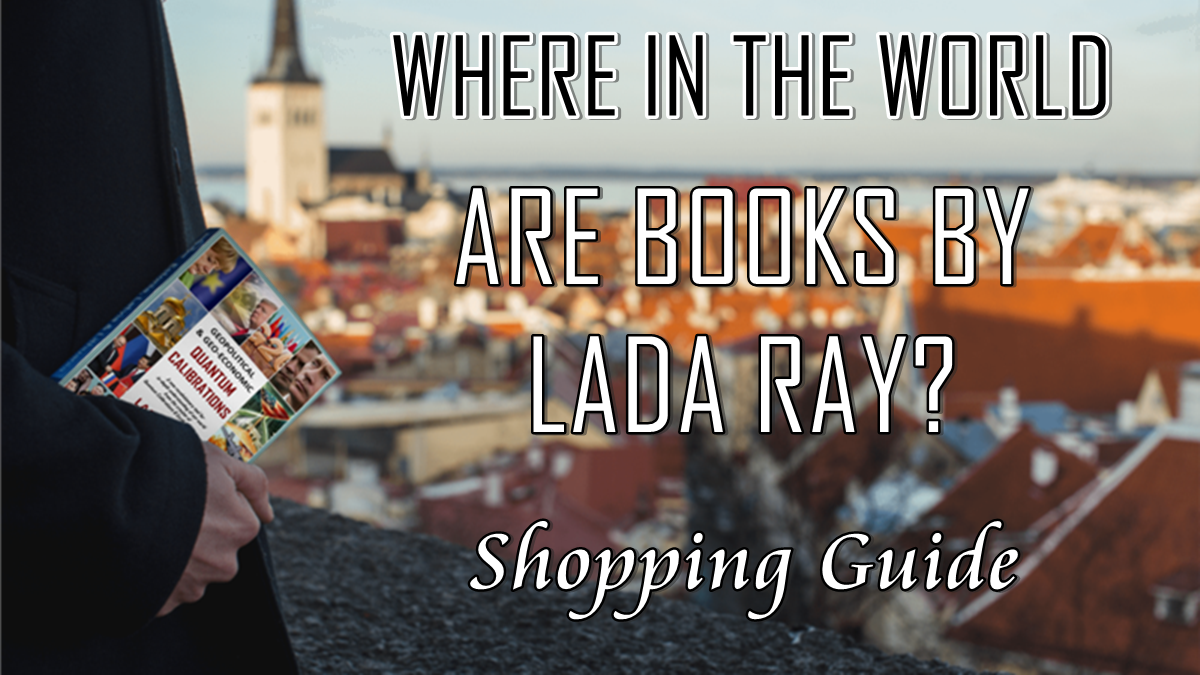
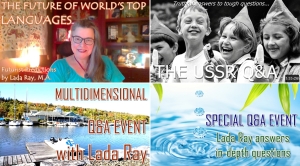




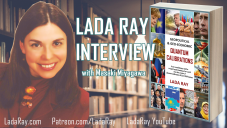


You must be logged in to post a comment.